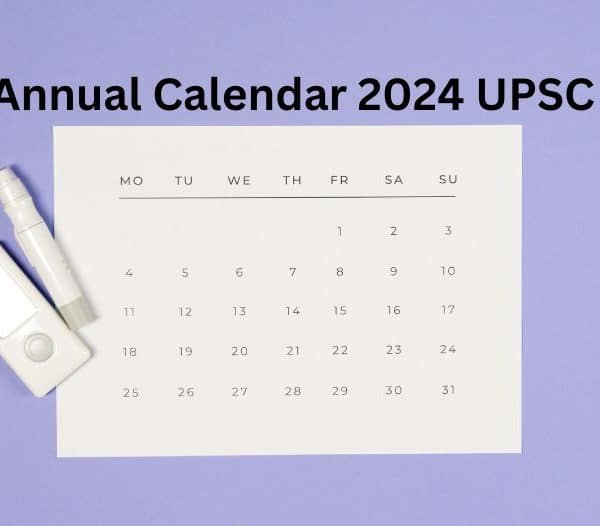Types of Civil Service Eligibility: Find Out If You Hold the Chance of Being Eligible for CSE

In today’s time, people are keener on preparing for government jobs. You no longer see students becoming only engineers or doctors. The civil service exam is grabbing all the attention for many decades.
Being a civil servant provides something that many top corporate workers, companies, and even many respectable government jobs can’t offer. It could be strength, fame, reputation, self-actualization, benefits, a great place to stay, very own workers, an opportunity to serve the nation, and great retirement.
Timing is the Key
But it is very important for a candidate, particularly a newcomer, to know the right time to take the CSE. This isn’t as easy as it sounds. Many well-deserved candidates fall short of their attempts because they develop an interest in the Civil Service Examination very late in their lives when they are on the verge of hitting the maximum age limit.
The point is that it is vital to know the different eligibility requirements so that you can plan yourself as best as possible and start in preparation at the right time.
Also Read: Self Preparation for IAS: How to Crack IAS by Self Study?
Types of Civil Service Eligibility
- Nationality- The applicant must be a citizen of India/Nepal/Bhutan.
- Tibetan refugees who had come to India before 1 January 1962 to settle permanently in India or Indians who had migrated from Sri Lanka, Burma, Pakistan, Zaire, Ethiopia, Vietnam, United Republic of Tanzania, Zambia, East African countries of Kenya, Uganda to live permanently in India.
- Age-limit– You should be at least 21 years of age to take part in the Civil Services exam. You can take as many attempts as you wish till you hit the age of 32 years. There are relaxations made for certain groups. Have a look at that as well:
| CATEGORY | AGE RELAXATIONS |
|
Five years |
| OBC | Three years |
| Defense Services Personnel | Three years |
| Ex-servicemen | Five years |
| Blindness and poor vision, deaf and hard hearing, locomotive disability including cerebral palsy, leprosy healed, dwarfism, acid attack victims and muscular dystrophy, autism, intellectual disability, unique learning disorders, mental disorder, and various disabilities including deaf-blindness. | Ten years |
| If you live in the State of Jammu and Kashmir | Five years |
If you are OBC/SC/ST/Physically Challenged (PH), you should know that you have additional attempts and extended age limits in comparison with the general group of students. You should feel grateful and start studying for the exam more intensively.
What Types of Degrees to Eligible for Civil Services?
The applicant must possess a degree from government-approved universities or have an equivalent qualification.
Applicants that are in their final year or are waiting for results are also liable for UPSC preliminary exam. All such candidates who are likely to take part in IAS examinations must produce proof that they have passed the said examination including the main IAS examination application.
Candidates with technical and professional qualifications accepted by the Government as equal to professional and technical qualifications.
Medical students who have spent the final year of MBBS but are yet to complete their internship are also eligible for IAS. But in accordance with the main Examination form, a certificate of completion of the course (including an internship) must be submitted by the competent authority of the University/Institution.
How Many Attempts You Get?
A general category applicant has an age limit of 32 years, but that doesn’t mean that he gets as many attempts as he/she wishes. There are certain limits on the number of times this test can be conducted, which again is different for different groups.
Take a look at the table indicating the number of attempts for each category:
| Age | Number of attempts | Physically Handicapped |
| General(21-32) | 6 | 9 |
| OBC (21-35) | 9 | 9 |
| SC/ST (21-37) | As many attempts till the age limit | As many attempts till the age limit |
There are also physical eligibilities that are required by UPSC, to find out what are those do check this out.
Conclusion
Civil servants are the people behind the implementation of government and development policies, maintaining law and order, and serving as a link between the masses and the government. They hold influence and are highly valued for the work they do. In addition, they are highly compensated, given lush bungalows and caretakers, to live a comfortable life.
If you have the zeal to become an IAS/IFS/IPS do check out the eligibility, syllabus, and other information related to the civil service exam.
Read Also: How Many Ranks are there in UPSC? Find Out Ways to Increase Your Rank!






